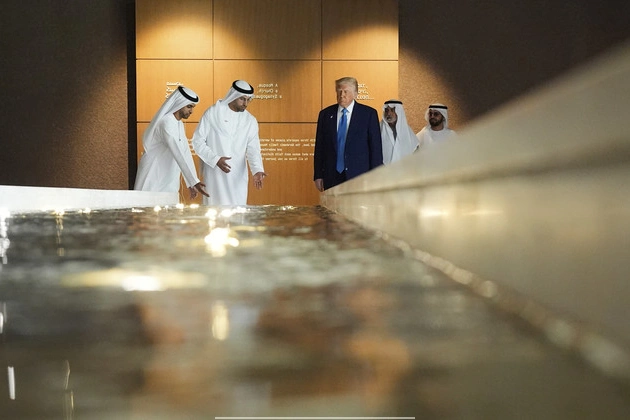
President Donald Trump’s recent foreign trip marked a significant departure from conventional presidential travel norms. His focus on business and transactions rather than alliances redefined the way the United States engages with other countries.
The Business Approach to Foreign Policy
Unlike typical presidential trips aimed at reinforcing alliances and advancing foreign policy goals, Trump’s journey through wealthy Arab Gulf states resembled an economic development mission. The emphasis was on securing investment pledges and partnerships with corporate leaders.
During his visit, Trump secured over $2 trillion in investment agreements, including substantial deals with Saudi Arabia, Qatar, and Abu Dhabi. These agreements underscored his belief in the interconnectedness of the economy and national security.
A Shift in Priorities
Trump’s approach signaled a departure from past administrations, which often prioritized shared values and traditional alliances. His focus on commerce over chaos was a clear break from conventional foreign policy strategies.
By emphasizing business relationships and economic cooperation, Trump aimed to foster mutually beneficial partnerships without imposing moral judgments on foreign leaders.
Reactions and Responses
While some praised Trump’s unconventional foreign policy moves as effective, others remained skeptical. Critics pointed out the transactional nature of his decisions, highlighting a lack of overarching philosophy or grand strategy.
Despite mixed reactions, Trump’s trip showcased his ability to secure significant investments and forge new economic ties with key allies in the Gulf region.
Looking Ahead
As Trump continues to prioritize economic interests in foreign affairs, the long-term implications of his transactional approach remain uncertain. Observers question the durability of the deals struck during his trip and the message they send to other nations.
Whether Trump’s business-focused foreign policy yields lasting benefits or merely short-term gains remains a topic of debate among experts and policymakers.











